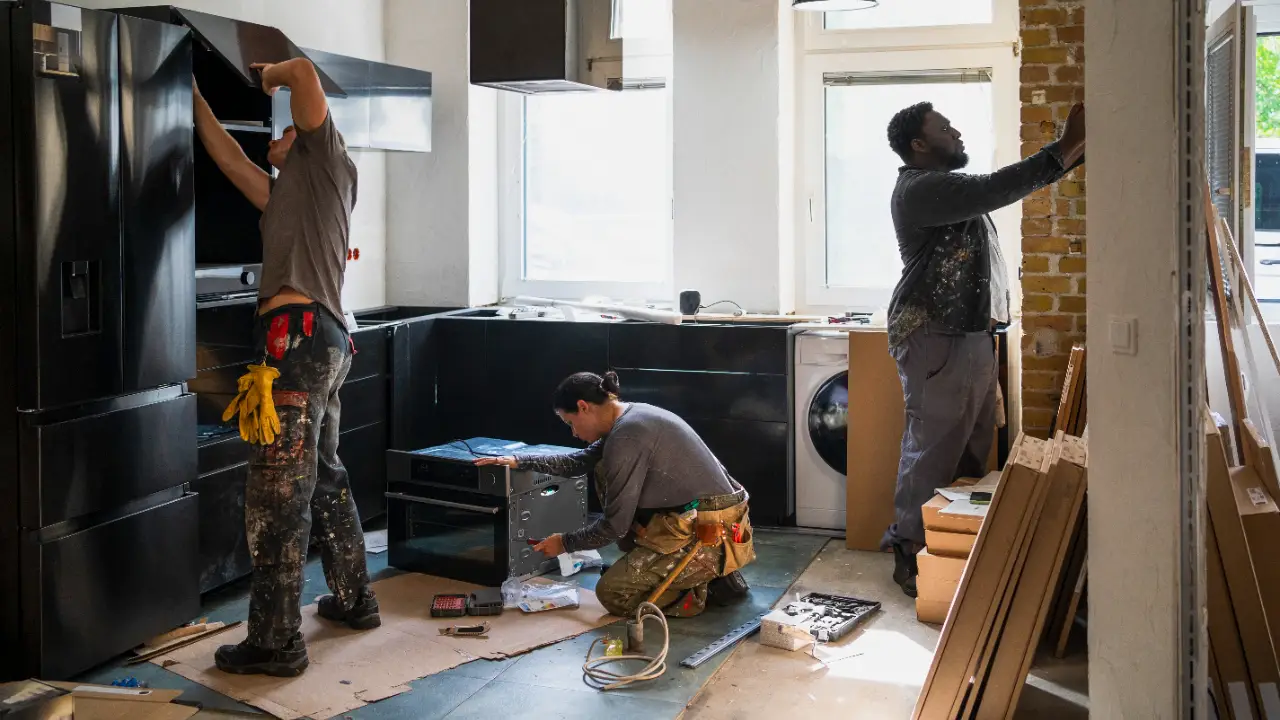Home renovations can significantly improve your living space, comfort, and property value. However, to maximize benefits, you should keep the following core points in mind:
- Increase Property Value
Focus on high-ROI (Return on Investment) upgrades like kitchen & bathroom remodels, flooring, and curb appeal.
Avoid over-personalized designs that may not appeal to future buyers.
- Improve Functionality & Comfort
Optimize space with smart storage solutions (built-in shelves, modular kitchens).
Enhance lighting, ventilation, and insulation for better living conditions.
- Energy Efficiency & Sustainability
Install energy-efficient windows, LED lighting, and smart thermostats.
Use eco-friendly materials (bamboo flooring, recycled countertops).
Consider solar panels or rainwater harvesting for long-term savings.
- Safety & Structural Integrity
Address electrical, plumbing, and foundation issues first.
Upgrade fire safety (smoke detectors, fire-resistant materials).
Ensure child/pet-friendly modifications if needed.
- Budget Planning & Cost Control
Set a realistic budget with a 10-20% buffer for unexpected expenses.
Prioritize essential repairs over cosmetic upgrades.
Compare contractor quotes and avoid low-quality materials.
- Legal & Compliance Factors
Check local building codes & permits before major changes.
Ensure contractors are licensed & insured.
- Future-Proofing & Technology
Add smart home features (automated lighting, security systems).
Design for aging in place (grab bars, no-step entries) if needed.
- Aesthetic Appeal
Choose timeless designs over short-lived trends.
Use neutral colors for broader appeal.
- Hiring the Right Professionals
Work with reputable contractors, architects, or interior designers.
Get multiple quotes and check references.
- Minimize Disruption
Plan renovations in phases if living on-site.
Set a realistic timeline to avoid prolonged stress.
By focusing on these key aspects, your home renovation will be more efficient, cost-effective, and rewarding in the long run.
